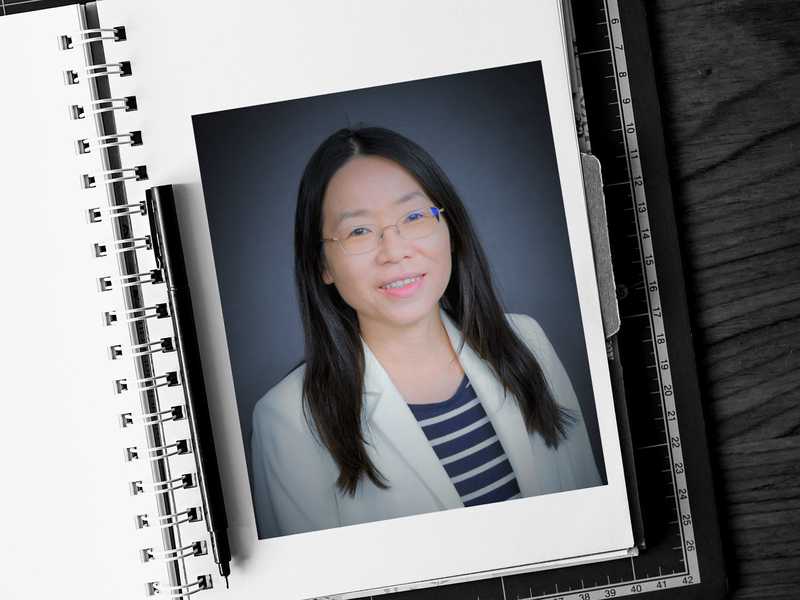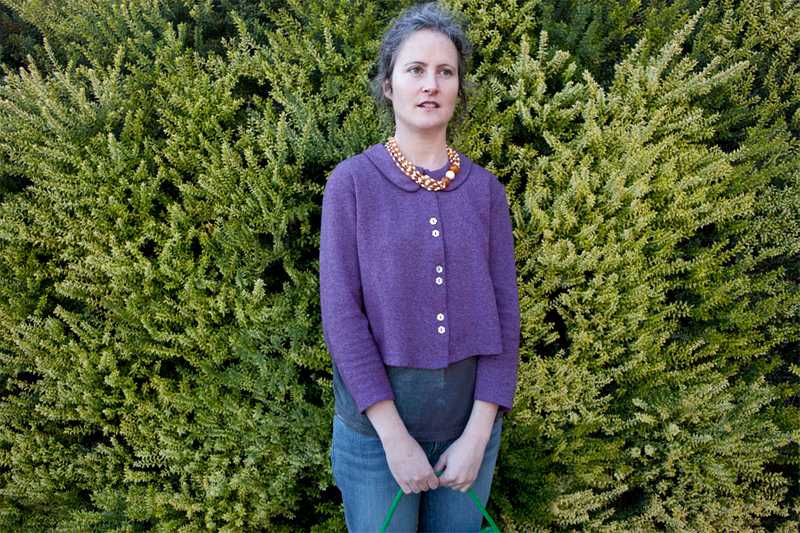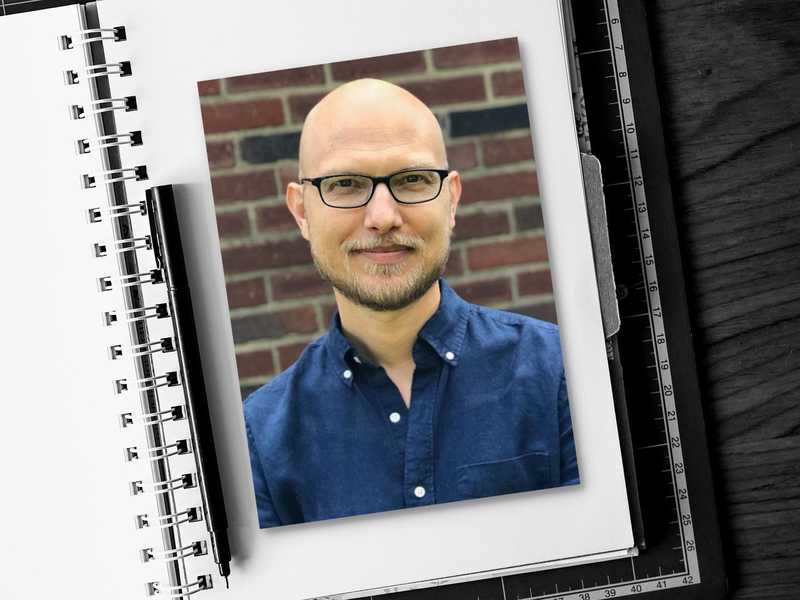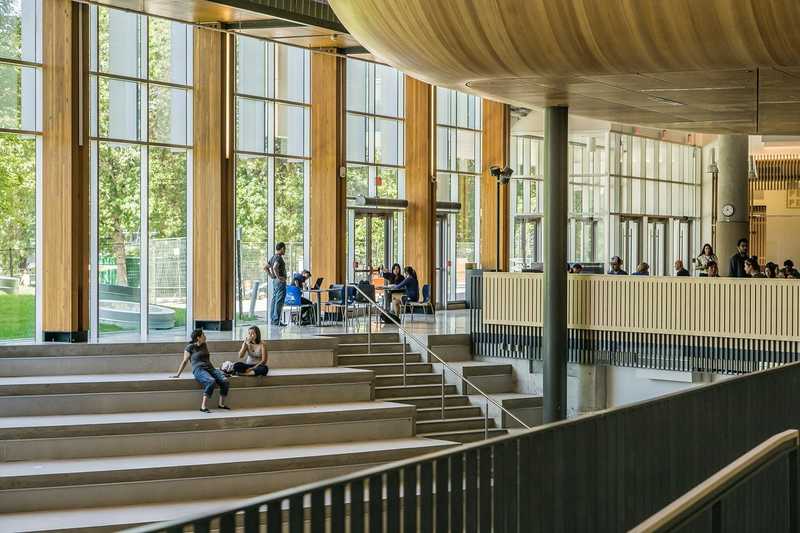Making A Greater Impact On The Youth: Inclusive Education Degree
In order for students to achieve educational goals, it is important that they have a learning environment where they not only feel like they belong, but where they can also thrive. If you are interested in becoming an educator and assist with making this a reality for students then an Inclusive Education degree is a great way to do so. It is a great form of education where instead of separating students, which can result in stigmatization, the focus is instead on integration. It is not an easy task, which is why there is a need for educators who are not only familiar with the challenges involved, but who are also trained in how these challenges can be overcome. There are a lot of misconceptions about people with disabilities in society and through inclusive education this can be changed for the better.
Inclusive Education Degree Information
Associate Degree in Inclusive Education and Disability Studies
The Associate Degree in Inclusive Education and Disability Studies is aimed at students with a high school certificate, but who lack the entry requirements to enroll in a Bachelor of Inclusive Education and Disability Studies degree. This type of degree generally takes about two years to complete and can be used as pathway course for those interested in going on to complete the bachelor’s degree. Course topics may include Technology and Communication, Instructional Delivery, Family Studies and Disability, Supporting Social Relationships, Social Justice, and more.
Bachelor of Inclusive Education and Disability Studies
The Bachelor of Inclusive Education and Disability Studies is a degree program that can be completed in about three years if taken full-time. It is aimed at students with a desire to follow a career in disability or human service management. Course topics may include Inclusive Learning, Positive Behavior Approaches, Understanding Behaviors and Disability, Physical and Mental Health Issues, Disability Employment Support and more.
Masters of Education: Inclusive Learning - Special Education and Universal Design
General education teachers or K-12 special education teachers who want to specialize in inclusive education can benefit a lot from the Masters of Education: Inclusive Learning - Special Education and Universal Design degree. This degree typically consists of ten courses, five of which are foundation courses while the rest are specialization courses. In addition, a capstone action research project is also required for the completion of this course. This degree normally consists of five semesters and course topics may include Qualitative Methods in Educational Research, Teaching Students on the Autism Spectrum, Social Justice and Educational Equity, Educational Research Methodology, as well as Disability in Education Policy and Law.
Inclusive Education Degree FAQ
Can This Type of Degree Be Earned Online?
Because inclusive education is aimed at teachers and educators, it makes sense that the degree is available as a 100% online program. This enables people who are already working in the profession to continue their studies and earn this degree without having to give up their jobs and attend a campus. Completing this degree online provides students with greater flexibility in terms of when and where they study, which makes it much easier to fulfill other obligations as well. However, completing an online degree in inclusive education is just as rigorous as campus based programs, so it still takes a lot of commitment and dedication to earn the degree. Completing this type of degree online requires access to a computer or laptop with an internet connection. You can typically also communicate with fellow students and educators using online communication methods when working towards this degree. In addition to fully online degree options, there are also hybrid programs that combine online courses with campus attendance.
Who Is An Ideal Candidate To Enroll For An Online Inclusive Education Degree?
The inclusive education degree is generally aimed at educators who are already experienced when it comes to working with children and would like to learn the skills required to work with children who have disabilities. For some of the degrees, especially those at a master’s level, a minimum number of years of teaching experience is usually essential. Typically, this type of degree can be beneficial to any graduate professionals who are working in an educational setting. As with most careers in education, the work can be very stressful as well as physically draining and emotionally demanding, so you must be able to cope well under pressure. In addition, you’ll need good communication skills as you’ll be interacting with students as well as their parents.
What Are My Potential Career Paths After Completing A Inclusive Education Degree?
Since the inclusive education degree is generally aimed at educators, those who complete this type of degree typically go on to work in specialist education roles. However, the degree can also be useful for various roles in government and non-government sectors. Community education is another area where students can make use of this type of degree. In addition, people with this type of degree can also go on to work as consultants to other educators or find employment in the not-for-profit sector.
How Much Can I Potentially Earn With This Type of Degree?
Information released by the United States Bureau of Labor Statistics indicates that the 2019 median pay for special education teachers was $61,030 per year. The highest earners worked in secondary schools, followed by middle school, kindergarten and elementary school and finally preschool. The overall employment of people working in this profession is also projected to grow about eight percent from now until 2026.
What Are The Other Benefits of An Inclusive Education Degree?
The biggest benefit of studying inclusive education is knowing that you’ll be able to make a big difference in the lives of children. In the past not all children were given an equal opportunity to develop to their greatest potential, but thanks to inclusive education this is beginning to change. This can make it a very rewarding career path to follow.









